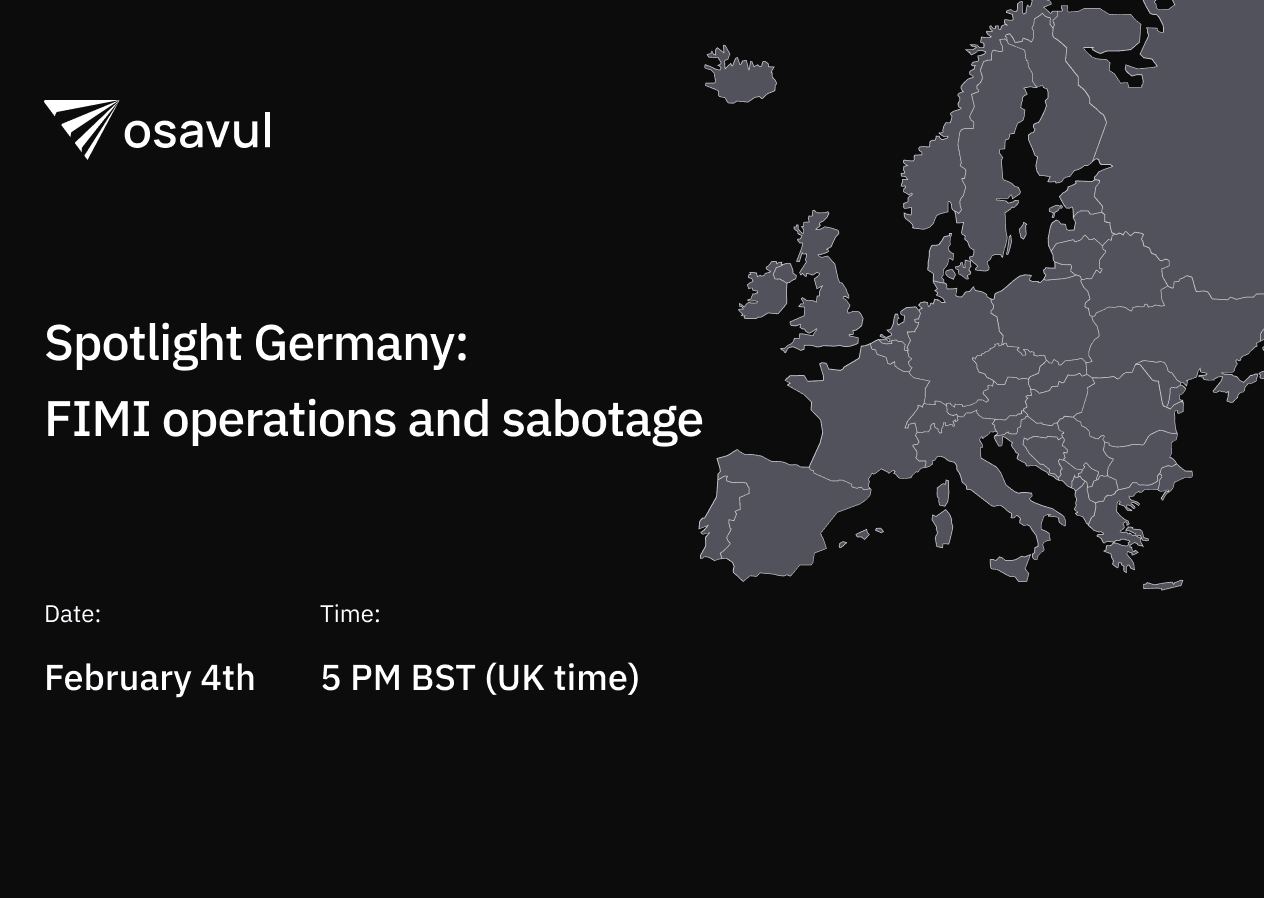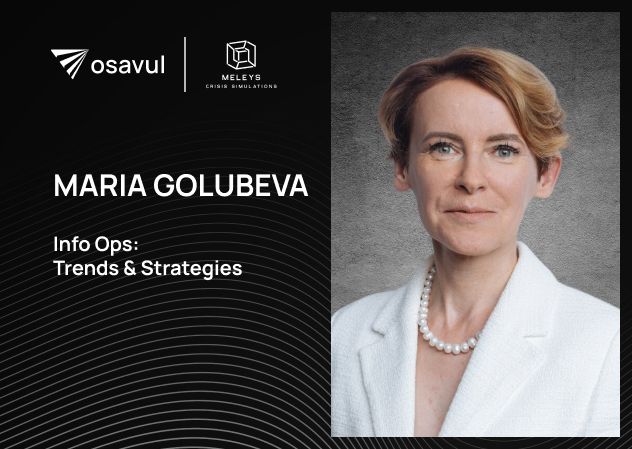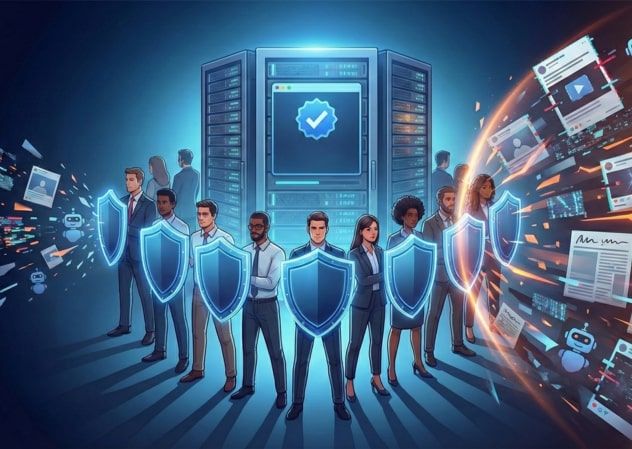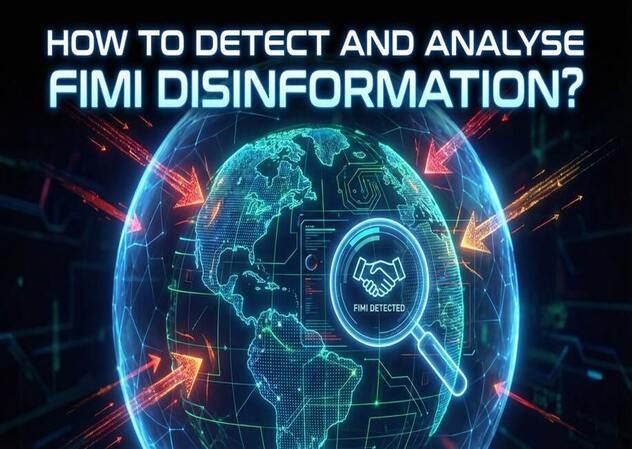From shopping to banking to education and socializing, the web has become an essential space for virtually everybody. However, with such convenience also comes a degree of risk, leaving many with the question of ‘what is internet safety?’. At the core of the matter, internet safety is about protecting individuals, communities, and businesses from the wide variety of online threats, helping to ensure that digital interactions are as safe, trustworthy, and private as possible.
The best place to start navigating this issue is with a clear internet safety definition, alongside a discussion of how powerful tools like Osavul can contribute to an even safer online environment.

Core Idea of Internet Safety
Firstly, the core question: what is the definition of internet safety? On the whole, it refers to the practice of keeping digital identities, personal data, and online interactions safe from the kinds of fraud, abuse, and manipulation that are unfortunately widespread. The aim is to create a safe digital existence that echoes the same levels of caution and attention that people use in the real world. To define internet safety simply, you can boil it down to three key objectives:
Protecting Personal Information
Safeguarding all identifying data such as names, passwords, and addresses.
Preventing Abuse & Fraud
Ensuring that digital identities are secured strongly enough so as not to be easily exploited.
Encouraging Responsible Use
Promoting the learning of smart manual habits in order to reduce risk exposure on the human side.
To truly define online safety, it is also necessary to include safety measures and additional tools that can provide extra protection, features like encrypted communication, two-factor authentication, and robust privacy settings. The wider view as detailed on this Wiki is to always promote the need for technology and good habits to work in unison.

Why Internet Safety Matters
The definition of internet safety is more than just technical; it also extends to the personal. When unsafe behavior is executed online, it could lead to:
- Stolen personal information that could be used to perform fraud or identity theft.
- Financial loss as a result of fake websites, scams, and hacked accounts.
- Reputation damage is caused when accounts are misused or sensitive private data is leaked to the public.
When it comes to families, the risks extend far beyond reputation or money. Children and teens can be particularly vulnerable to harmful content online, with unwanted contact from strangers and unfiltered content on social media all amplifying certain pressures. It is important for parents, communities, and educators alike to stay just as engaged with technology evolution as it is for organizations.
In a civil society, unsafe digital practices can affect more than just individuals. Businesses are open to things like targeted attacks and attempts to exploit weaknesses within their networks. Even just a single breach can cause outward ripples that damage trust and create long-lasting consequences.
Osavul Supports Safer Online Environments
Thus far, we have focused on the technical layers of the question ‘What is CSP?’, but it is crucial to understand that the online landscape carries wider and larger threats. This is where a tool like Osavul can come into play. CSP can protect content on the inside of the browser, whilst Osavul can provide beneficial oversight at a higher organizational level.
All approaches can work together in the following way:
- Constantly monitoring for data leaks before they get the chance to escalate.
- Detecting any threads of narrative manipulation that run the risk of affecting public trust.
- Quickly identifying and responding to coordinated digital attacks.
By addressing these risks in a proactive manner, Osavul gives businesses and institutions the tools to go beyond simple individual responsibility. It creates a safer environment not just for a company’s internal structure, but also for its customers and extended networks.
Ultimately, Osavul gives users the power to complement personal safety measures with high-level protection, keeping digital spaces as reliable, secure, and trustworthy as possible.

Conclusion
So, ultimately, what is internet safety truly about? The answer comes down to a mix of responsibility, awareness, and having the right tools at your disposal. Having a strong internet safety definition in mind can improve the digital presence of everyone, from individuals to businesses to larger organizations and governments.
With the assistance of a platform like Osavul, good personal habits can be backed up by expert layers of defense that protect every aspect of digital activity. The goal is to mirror the same levels of safety online that one would expect in the real world.
FAQ
What is internet safety for kids?
For children, a full internet safety definition involves education on how to use technology carefully and responsibly. It is a combination of helping young people to understand that they should never share personal information like phone numbers and home addresses, and guiding them to avoid age-inappropriate and harmful online content. This education can be reinforced by parents and guardians at home by setting robust and healthy boundaries, creating a safe space to talk openly about online behavior, and ultimately utilizing parent controls to block risky material if necessary.
What is an internet safety tutorial?
An internet safety tutorial is a training session or guide that can walk users through the safest ways to operate online. Such tutorials are designed to help individuals and organizations alike recognize things like phishing attempts, scams, and other common digital threats. They teach how to implement privacy settings on devices and apps, and encourage further awareness of things like suspicious links and downloads.
What are internet safety rules?
Internet safety rules are the everyday techniques and practices that can be used to help people limit their exposure to digital risks. This can be everything from using unique, strong passwords to becoming more familiar with not clicking unfamiliar download links and more. Online interactions can sometimes mask bad intentions, and following straightforward guidelines alongside implementing tailor-made safety protocols can help individuals and companies to better protect themselves online.










